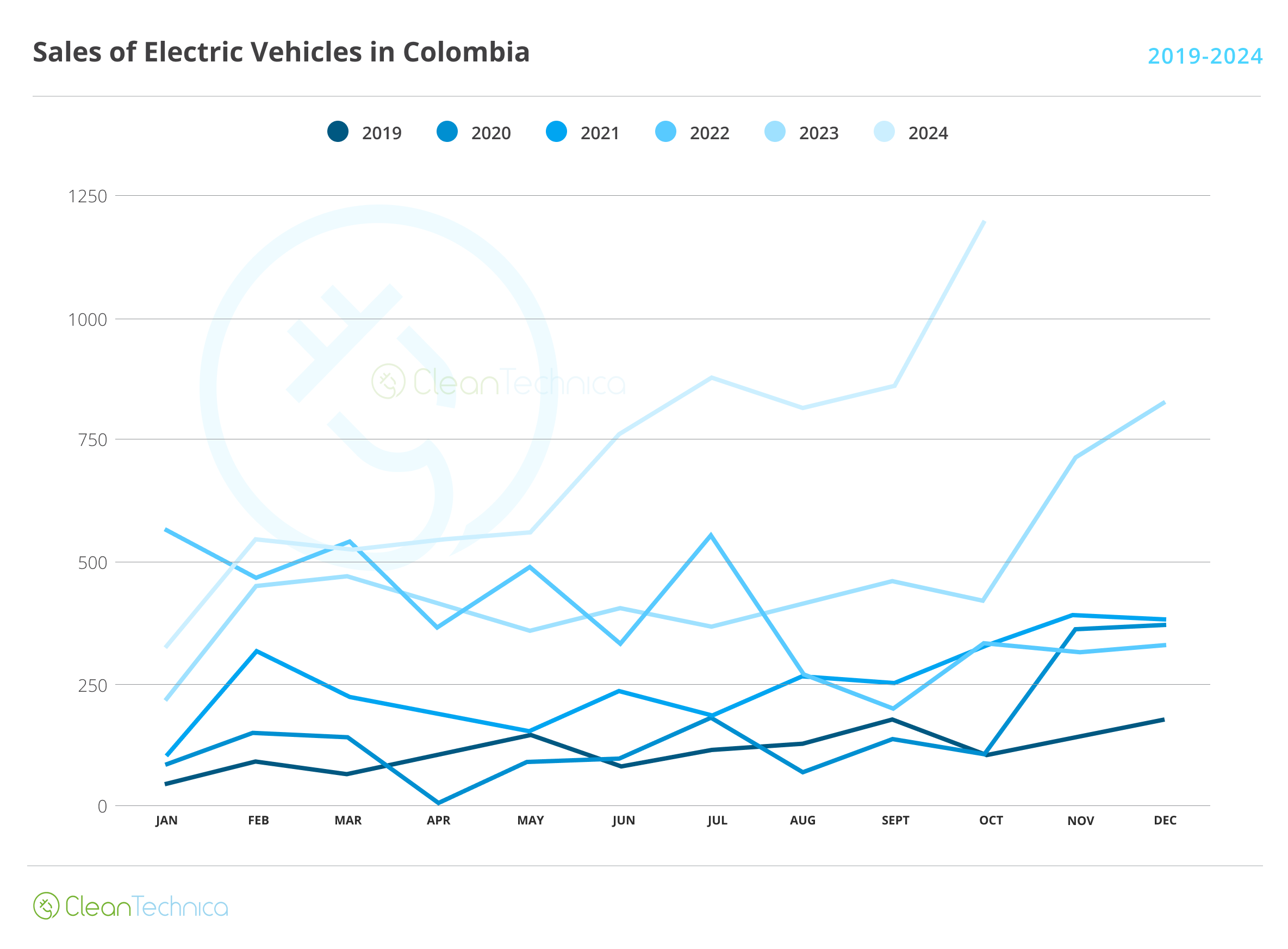London, 29 June, 2023, (Oilandgaspress) The World Benchmarking Alliance’s (WBA) second Oil and Gas Benchmark, published today in collaboration with CDP, shows a dangerous lack of progress towards global climate goals from the sector. There has been little advance – and alarmingly even some decline – in oil and gas companies’ progress on limiting global warming to 1.5 degrees.
WBA’s Oil and Gas Benchmark, developed with CDP using the ACT methodology, assesses and ranks the world’s most influential oil and gas companies, including TotalEnergies, Chevron Corporation and China National Petroleum Corporation, on their low-carbon transition and social impact. The research shows that even though the oil and gas sector has a wealth of resources and tools available to decarbonise, it is failing to use them.
A dismal picture on decarbonisation
The seven major oil and gas companies made a record $380 billion profits last year but despite this, investment to reach a low-carbon economy has fallen dangerously short.
To halve the sector’s Scope 1 and 2 emissions, companies need to invest $600 billion by 2030 into low-carbon solutions. This is not happening. Only 12% of companies’ assessed Scope 1 and 2 emissions have decreased on track to limiting global warming to 1.5 C. Scope 1 and 2 methane emissions must be reduced by 60% by 2030, yet only 29 companies have even disclosed targets to reduce methane emissions by 2030.
About 80% of the sector’s emissions come from the combustion of oil and gas products. The sector’s only route to transition is phasing out fossil fuels. While this cannot happen overnight, companies are not even putting plans in place, and there is no sign that companies are slowing down extraction. Last year, the sector committed half a trillion dollars3 for new drilling and extraction. In fact, the 81 oil and gas companies with extraction activities are predicted to increase total oil production by 9% from 2021, peaking in 2028. Over half of companies assessed still link executive remuneration or incentives to the growth of fossil fuels, and only 18% of assessed companies have Scope 3 emission targets.
Only 25% of companies assessed report how much of their capital expenditure is invested in low-carbon technologies. On average, these companies only dedicate around 18% of their investment in decarbonisation. Just one company, Neste, invests enough for a credible transition, spending 88% of their investment on low-carbon options such as advanced biofuels.

Although no companies are performing well, the top 10 scoring companies are:
| RANK | COMPANY | HEADQUARTER | SCORE | 2021 RANKING |
| 1 | Neste | Finland | 56.0 / 100 | ENGIE |
| 2 | ENGIE | France | 49.6 / 100 | BP |
| 3 | TotalEnergies | France | 45.3 / 100 | Eni |
| 4 | Naturgy Energy | Spain | 43.9 / 100 | Neste |
| 5 | Eni | Italy | 42.2 /100 | TotalEnergies |
| 6 | Origin Energy | Australia | 41.8 / 100 | Shell |
| 7 | Galp Energia | Portugal | 37.1 / 100 | Repsol |
| 8 | Repsol | Spain | 33.7 / 100 | NaturgyEnergy |
| 9 | SK Innovation | South Korea | 32.6 / 100 | Galp Energia |
| 10 | OMV | Austria | 31.8 / 100 | Equinor |
Information Source: Read More
Energy Monitors , Electric Power , Natural Gas , Oil , Climate , Renewable , Wind , Transition , LPG , Solar , Electric , Biomass , Sustainability , Oil Price , Electric Vehicles,




